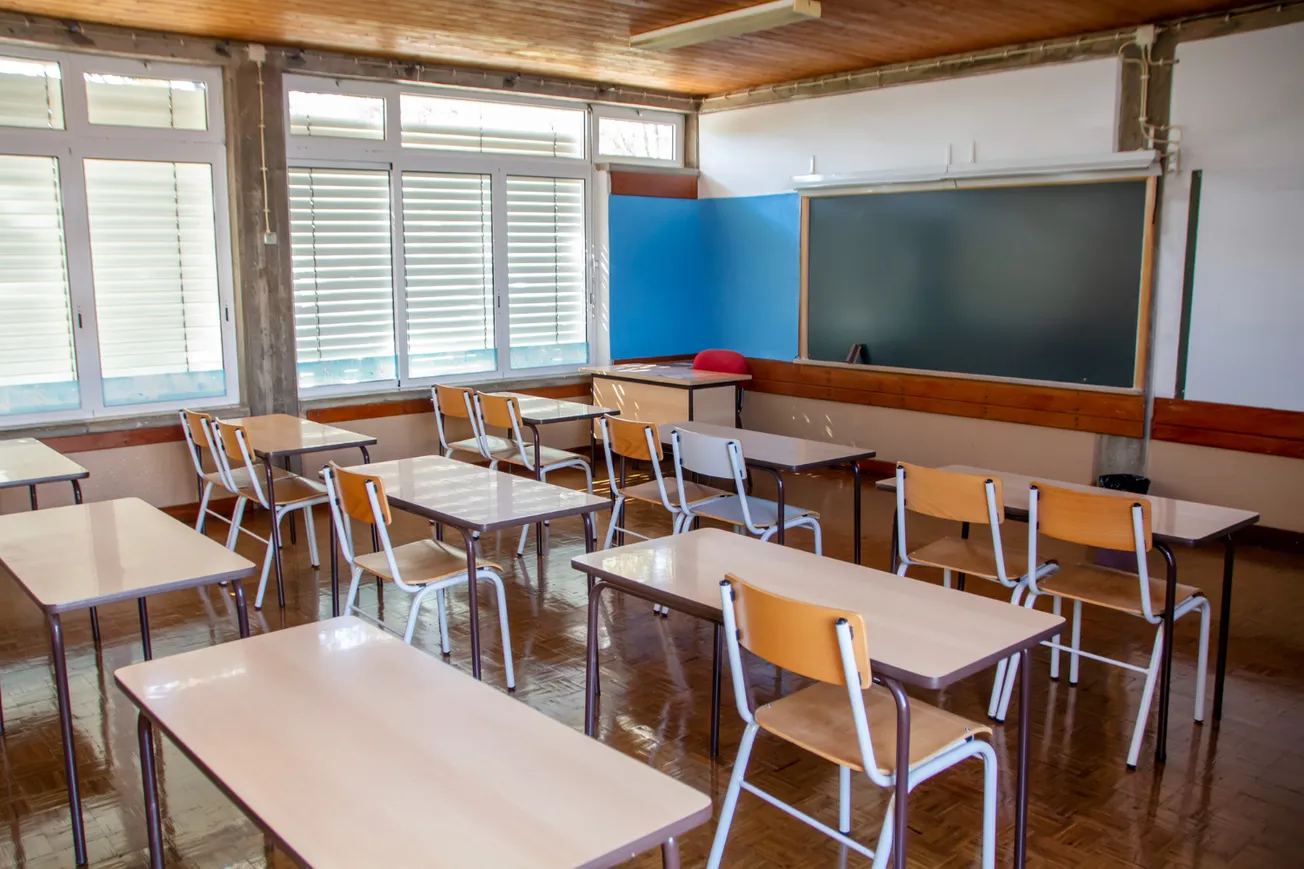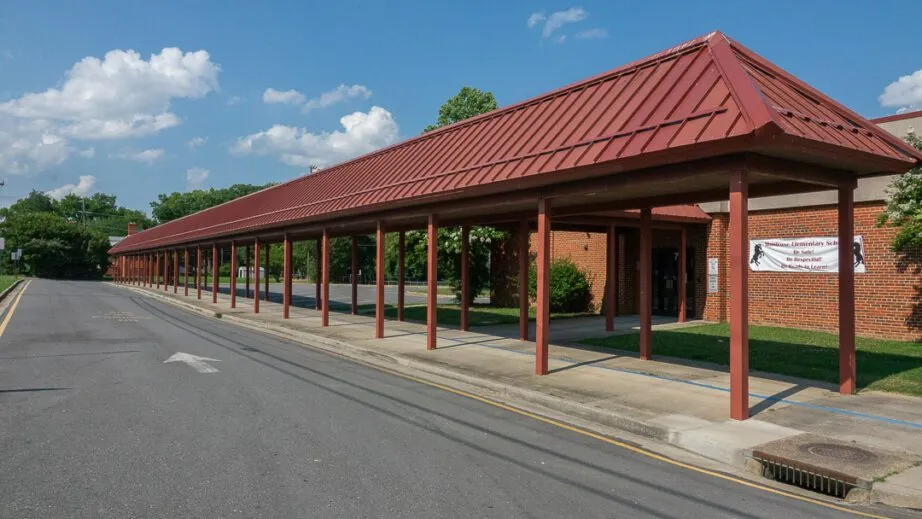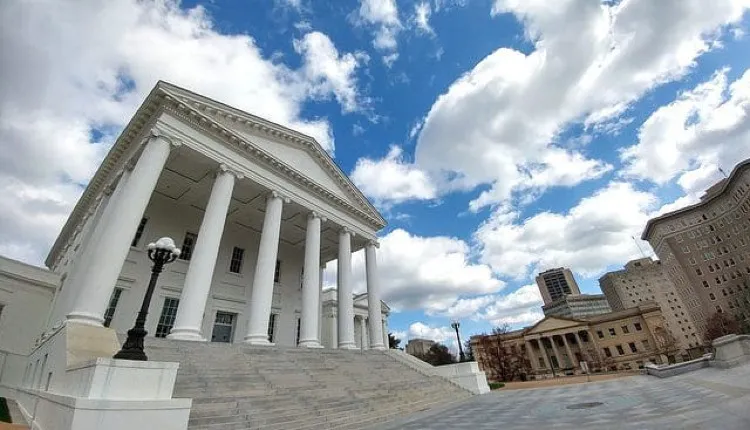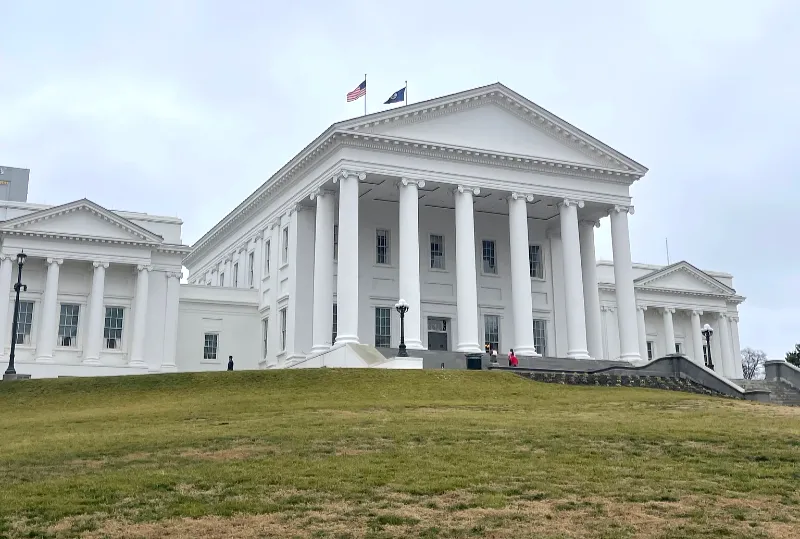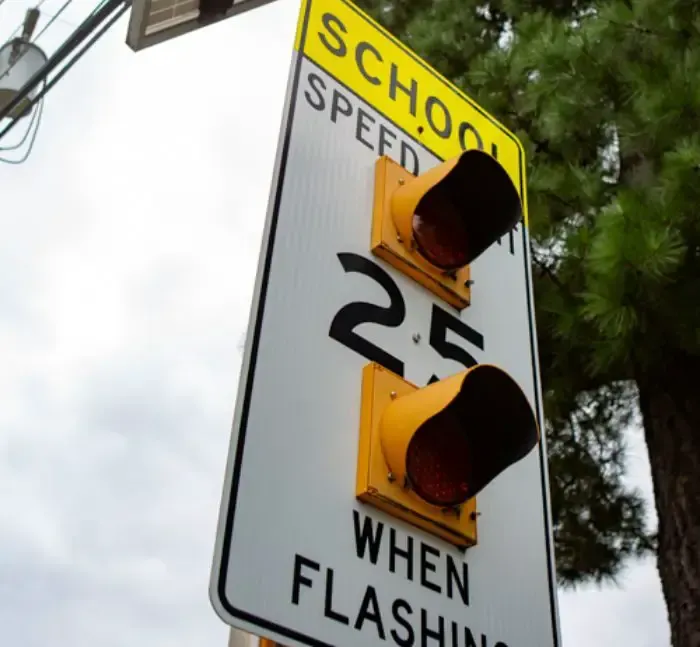After teachers union’s concerns, Va. education department extends deadline for grading system committees
Virginia Education Association voiced concerns that teachers may be absent from committees but VDOE says 72% of committee applicants are educators
